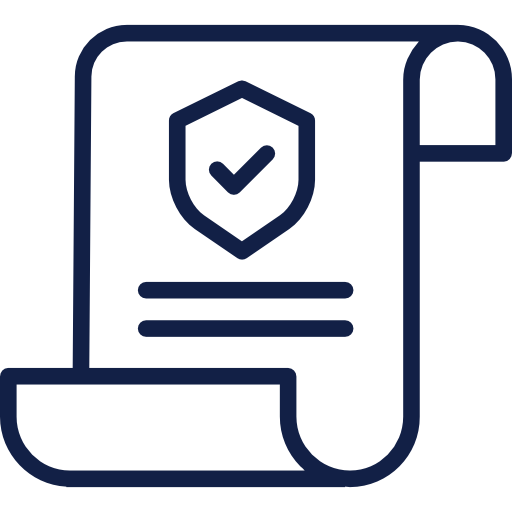HIPAA
What is HIPAA Assessment?
HIPAA compliance is a fundamental aspect of the Health Insurance Portability and Accountability Act of 1996 (HIPAA), a federal law mainly focused on protecting sensitive patient health information from being disclosed without the patient’s consent or knowledge. The law provides baseline privacy and security standards for the medical information of US citizens.
The standard is applicable to covered entities and their business associates like health care clearinghouses, employer-sponsored health plans, health insurers, and medical service providers that engage in certain transactions that involve digital transmission of patient health information (PHI)
HIPAA Regulation is divided into Security Rules, Privacy Rules, Transactions and Code Sets (TCS) Rules, Unique Identifiers Rules, Breach Notification Rules, and Omnibus Final Rules. HIPAA Security Rule requires the implementation of 1) Administrative, 2) Physical, and 3) Technical safeguards. In Addition, it imposes other organizational requirements and a need to document processes analogous to the HIPAA Privacy Rule.
Duke IT Services, explains the failure to provide a “specific risk analysis methodology” is due to Covered Entities and Business Associates being of different sizes, capabilities, and complexity.
As per OCR, the key objectives of a HIPAA risk assessment are :
- Identify the PHI that your organization creates, receives, stores, and transmits including PHI shared with consultants, vendors, and Business Associates.
- Identify the human, natural, and environmental threats to the integrity of PHI human threats including those which are both intentional and unintentional.
- Assess what measures are in place to protect against threats to the integrity of PHI, and the likelihood of a “reasonably anticipated” breach occurring.
- Determine the potential impact of a PHI breach and assign each potential occurrence a risk level based on the average of the assigned likelihood and impact levels.
- Document the findings and implement measures, procedures, and policies where necessary to tick the boxes on the HIPAA compliance checklist and ensure HIPAA compliance.
- HIPAA risk assessment, the rationale for the measures, procedures, and policies subsequently implemented, and all policy documents must be kept for a minimum of six years.
HIPAA Assessment Approach
Duke IT Services follows a well-documented approach to work alongside our clients aiding them in attaining their compliance goals. This requires a Well-documented execution plan along with defined milestones.

Business Understanding
Evaluating business process and environment to understand the in-scope elements

HIPAA Scope Finalization
Finalize the scope elements and prepare the requirement documentation

HIPAA Readiness Assessment
Identify the potential challenges that might arise during requirement implementation

HIPAA Risk Assessment
Identifying and analysing the risks in the information security posture.

HIPAA Data Flow Assessment
Conducting thorough systems analysis to evaluate data flow and possible leakages

HIPPA Documentation Support
Assist you with list of policy and procedure to help you in validation or evidence collection

HIPAA Remediation Support
Support you by recommending solutions to compliance challenges

HIPAA Awareness Training
Conduct awareness sessions for your Team and personnel involved in the scope

Data and Asset Classification
Identify critical vulnerabilities in your system with a robust testing approach

HIPAA Evidence Review
Review of the evidence collected to assess their maturity, in line with the compliance

Final Assessment and Attestation
Post successful assessment, we get you attested for compliance with our audit team

Continuous Compliance Support
Support you in maintaining compliance by providing guidelines
FAQ’s
Solution to you from our professional expert
How do you maintain HIPAA compliance?
What are the penalties for HIPAA non-compliance?
What is Protected Health Information (PHI)?
What businesses must comply with HIPAA laws?
What’s the difference between the HIPAA Security and Privacy rules?
Who is responsible for HIPAA?
Contact Our Experts
Ready to build a software solution? Call us for a free consultation. You are just one step away

